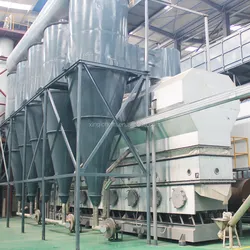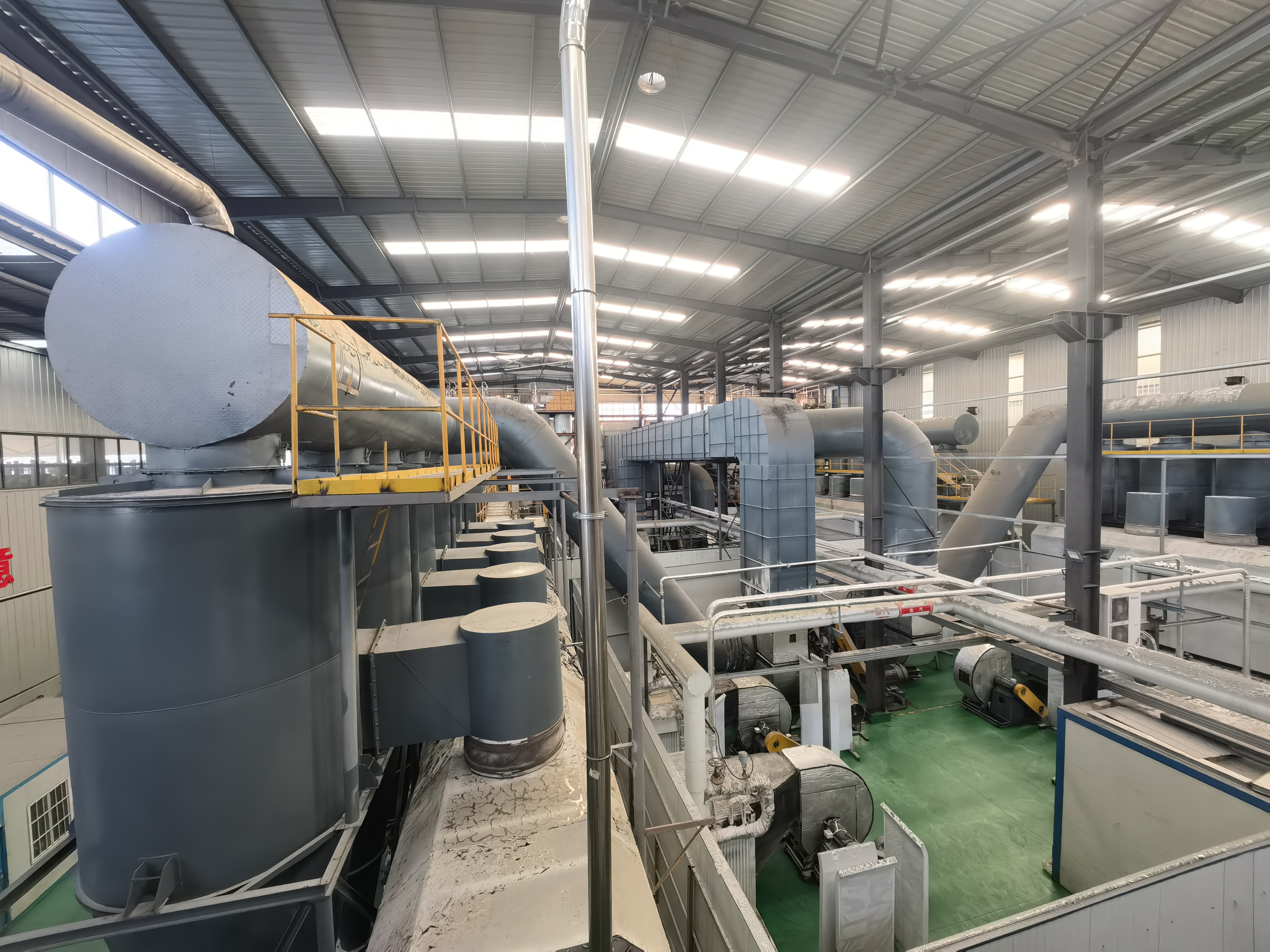What Does Flocculant Mean in English? Discover Its Uses and Benefits
Have you ever come across the term flocculant and wondered what it means? Whether you’re a student, a professional, or just curious, understanding this term is essential, especially if you’re dealing with water treatment or industrial processes. In this article, we’ll explore the meaning of flocculant in English, its applications, and why it’s so important in various industries.
Flocculant Meaning in English
The term flocculant refers to a substance that helps particles in a liquid to clump together, forming larger aggregates or “flocs.” This process is called flocculation. Flocculants are commonly used in water treatment, wastewater management, and industrial processes to separate solids from liquids more efficiently.
How Do Flocculants Work?
Flocculants work by neutralizing the charges on suspended particles in a liquid. These particles often repel each other due to their similar electric charges, which prevents them from settling. When a flocculant is added, it reduces or neutralizes these charges, allowing the particles to come together and form larger aggregates. These aggregates are heavier and settle at the bottom of the container or rise to the top, depending on their density.
Common Applications of Flocculants
Flocculants are widely used in various industries due to their effectiveness in separating solids from liquids. Here are some common applications:
- Water Treatment: Flocculants are essential in municipal and industrial water treatment plants to remove impurities and produce clean water.
- Mining: In mining operations, flocculants help separate valuable minerals from waste materials.
- Food and Beverage Industry: Flocculants are used to clarify liquids like juice and beer during production.
- Paper Manufacturing: They assist in removing fibers and other solids during paper production.

Types of Flocculants
Flocculants can be categorized into organic and inorganic types. Organic flocculants, such as polyacrylamides, are typically used in industrial processes, while inorganic flocculants like aluminum sulfate (alum) are more commonly used in water treatment.
Why Are Flocculants Important?
The importance of flocculants cannot be overstated. By enabling the efficient separation of solids and liquids, they help industries reduce waste, improve water quality, and enhance operational efficiency. Without flocculants, many processes would be slower, less effective, and more resource-intensive.
Conclusion
In summary, a flocculant is a vital substance used to facilitate the aggregation of particles in liquids. Its applications range from water treatment to industrial processes, making it an indispensable tool in modern industries. Understanding the meaning and uses of flocculants can help you appreciate their role in creating a cleaner and more efficient world.




